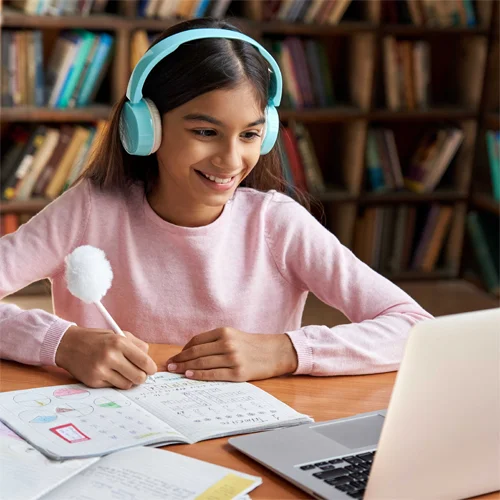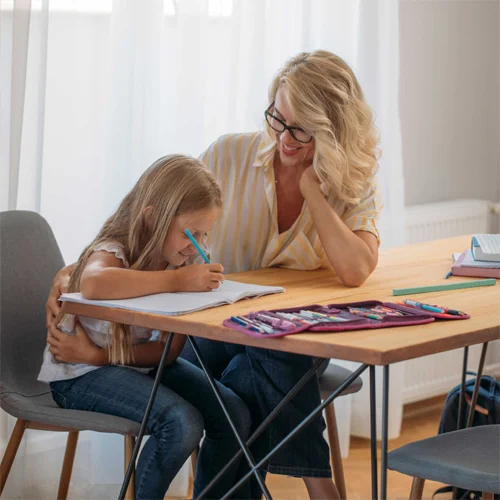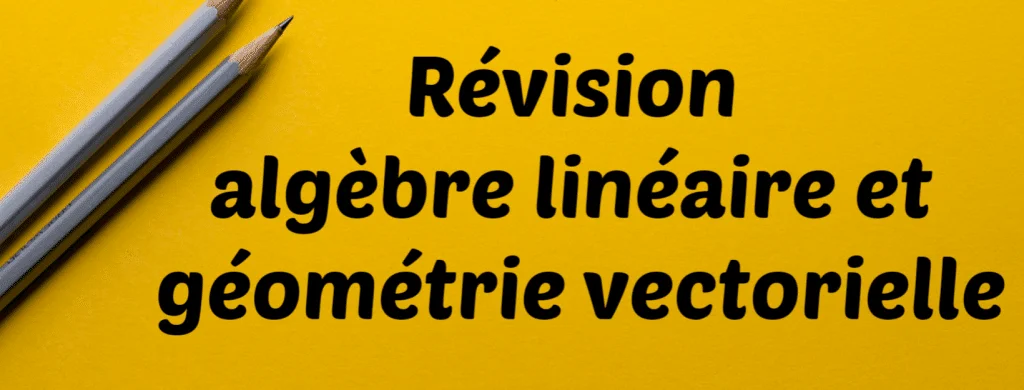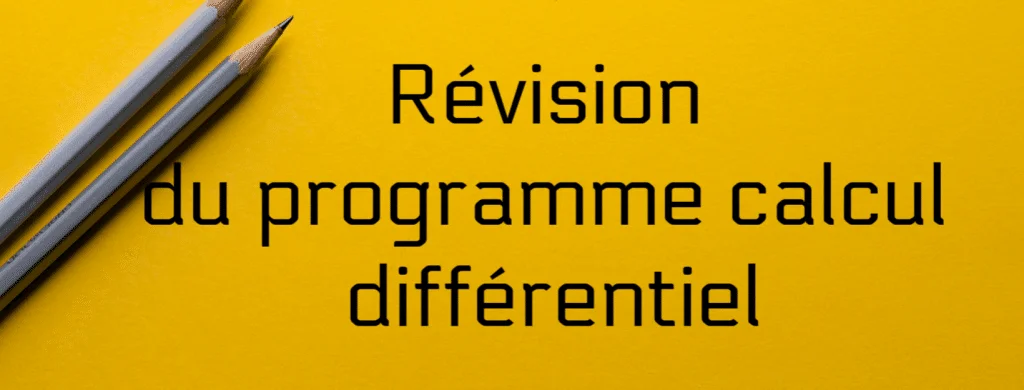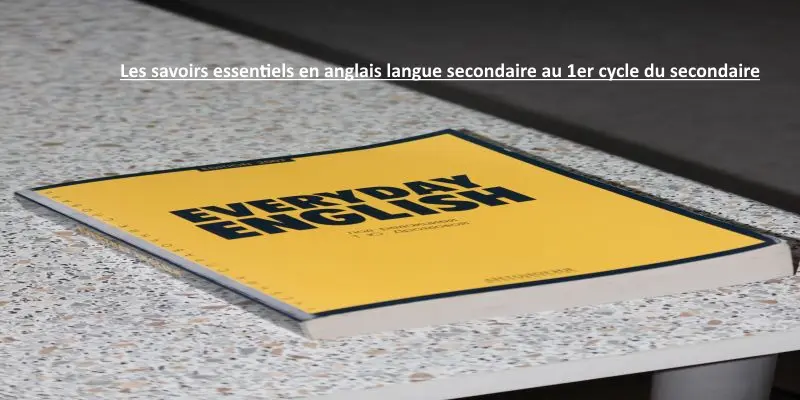English as a second language
With only three years left, high school will soon be a thing of the past! Your child is now entering Cycle 2 of secondary school, i.e. the third, fourth and fifth years of high school. At the end of Secondary 5, your child will take a single test in English as a second language, whether he or she is studying English in the basic program (ESL) or in the enriched program (ESL). In both programs, vocabulary is developed, oral skills are emphasized, as is the student’s ability to write. The following is a review of the essential knowledge in ESL at Secondary Cycle 2, for the ALS and ALSE programs. The content is based on the Quebec Education Program.
Weighting
In Cycle 2, here’s how weighting is assigned in the English Core Curriculum (ESL):
- Interact orally in English: 40
- Understand texts read and heard in English: 30
- Write texts in English: 30
In the enriched program (ALSE), the weighting is somewhat different, as follows:
- Interact orally in English: 34
- Understand texts read and heard in English: 33
- Write texts in English: 33
Here’s what your child should be able to master by Cycle 2 in English as a second language, if he or she follows the ESL program. Among other things, he or she should be able to :
- Use targeted vocabulary related to issues in general training areas c. Health and well-being (e.g. hygiene) Guidance and entrepreneurship (e.g. occupations) Environment and consumption (e.g. pollution) Media (e.g. copyrights) Living together and citizenship (e.g. democracy)
- Use targeted vocabulary related to the development of cross-curricular skills Exploit information (e.g. source) Solve problems (e.g. solution) Exercise critical judgment (e.g. viewpoints) Use creative thinking (e.g. trial and error) Adopt effective work methods (e.g. process) Exploit information and communication technologies (e.g. networks) Actualize potential (e.g. autonomy) Cooperate (e.g. teammates) Communicate appropriately (e.g. audience)
- Use targeted vocabulary related to communication and learning strategies (e.g. skim: quick read)
- Use targeted vocabulary related to texts (e.g. text components: subtitles)
- Place the accent in the right place and correctly pronounce targeted words related to task completion (e.g. chocolate : \’ chä-clate\)
- Use knowledge of targeted grammatical structures to construct meaning in oral and written messages
- Use targeted grammatical structures to formulate oral and written messages
For the enriched program (ALSE), these essential skills are more advanced and include, among others :
- Explore lifestyles of English-speaking cultures
- Place the accent in the right place and pronounce targeted words related to task completion (e.g. government: \’go-vern-ment\)
- Explore a variety of everyday, literary and informational texts
- Analyze examples of media texts
- Discuss with others the generalizations made from issues addressed in a text to broaden one’s view of the world
- Respond individually to questions and complete primers related to issues presented in the text from a broader, more general perspective
- Try to communicate with an English-speaking person, learn as much as possible about English-speaking cultures and practice expressing yourself in English with others.
In Cycle 2, in English as a second language, students follow a more elaborate progression of what they have learned in elementary school and in their first two years of high school. In Cycle 1, students in enriched programs construct the meaning of texts from their constituent elements (e.g., titles, illustrations, settings, tables). In Cycle 2, they continue this learning process by focusing on the internal characteristics (subject or information, language, constituent elements) and contextual characteristics (addressee, communicative intent, cultural references) of texts. Students in enriched programs reflect, alone and with others, on their knowledge of texts to regulate their development as learners.
Texts to be explored in Secondary Cycle 2 English as a second language
Students will explore the following three types of texts: everyday (e.g., comic strips, children’s magazines), literary (e.g., biographies, plays) and informational (e.g., dictionaries, newsletters).
To help you prepare, this document explains what you need to master in writing and speaking to be ready for the ministerial exams in the basic program: http://seduc.csdecou.qc.ca/sec-anglais/files/2014/04/Precisions_ALS_base_2014-15-2.pdf
The ministerial test
The Ministry’s famous exam! At the end of secondary school, students must pass a compulsory test in English as a second language, a so-called “single” test since all students in the school network take it at the same time. Here you’ll find all the details concerning the basic program. And details of the enriched program.
For parents, more information is available here.
What’s more, students have access to a super revision directory to help them prepare:
– http://www.alloprof.qc.ca/BV/pages/a0130.aspx
– http://www.alloprof.qc.ca/BV/pages/a0321.aspx
– http://www.alloprof.qc.ca/BV/pages/a0131.aspx
– http://www.alloprof.qc.ca/BV/pages/a0319.aspx
– http://www.alloprof.qc.ca/BV/pages/a0320.aspx
Don’t be afraid! The word “test” may frighten some, but it’s only synonymous with examination. A well-prepared student will be on familiar ground when the time comes to take the exam. Until then, english, english, english please!
Essential skills for high school:
French in high school :
- Revision of French in Secondary 1
- Revision of French in Secondary 2
- Revision of French in Secondary 3
- Revision of French in Secondary 4
- Revision of French in Secondary 5
- Become a high school French tutor
- Find a French or French as a second language tutor
High school mathematics :
- Revision Secondary 1 mathematics
- Revision Secondary 2 mathematics
- Revision Secondary 3 mathematics
- Revision of the mathematics technico sciences program (TS4)
- Revison of Culture, Society and Technology (CST4)
- Revison of the mathematics and natural sciences program (SN4)
- Revision of the mathematics technico sciences program (TS5)
- Revison of the mathematics natural sciences program (SN5)
-
- Tips to make homework easier
- Becoming a high school math tutor
- Find a math tutor
- Find an algebra tutor
- Find a science tutor
- Find a biology tutor
- Find a physics tutor
- Find a chemistry tutor
Secondary 4 History
English as a second language in secondary schools :
- Secondary Cycle 1 English as a Second Language
- Secondary Cycle 2 English as a Second Language
- Become an ESL tutor at the secondary level
- Tips to make homework easier
Reference :
-
- Ministry of Education and Higher Education of Quebec http://www.education.gouv.qc.ca/enseignants/pfeq/secondaire/
- http://www.education.gouv.qc.ca/fileadmin/site_web/documents/education/jeunes/pfeq/PFEQ_francais-langue-enseignement-premier-cycle-secondaire.pdf

